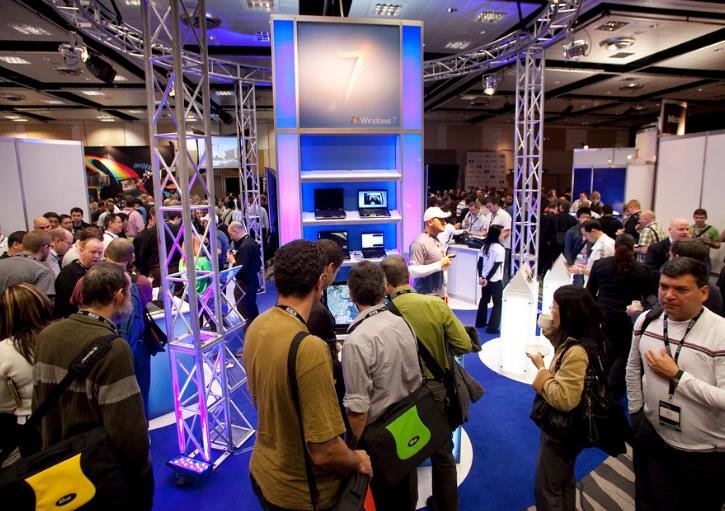New Zealand’s Security Intelligence Service (NZSIS) and the Government Communications Security Bureau’s (GCSB) National Cyber Security Centre (NCSC) have unveiled comprehensive security guidelines aimed at safeguarding the nation’s burgeoning technology start-ups. Titled “Secure Innovation: Security Advice for Emerging Technology Companies,” the guidance addresses the escalating threats posed by foreign-state actors seeking to exploit vulnerabilities within the tech sector.
The release of these guidelines coincides with similar advisories from allied nations, including Australia, Canada, the UK, and the US. This coordinated effort follows a pivotal summit held in Palo Alto, California, where leaders from the Five Eyes intelligence alliance emphasized the critical need for robust security measures in protecting technological advancements from espionage and cyber attacks.
Embedding Security Without Stifling Innovation
Andrew Hampton, Director-General of Security at NZSIS, highlighted the primary objective of the new guidelines: to integrate security seamlessly into the daily operations of tech start-ups. “The idea is that security becomes built into everyday business practices right from the start in a way that doesn’t inhibit innovation, but rather supports a start-up to be more robust, resilient, and ultimately more attractive to investors and customers,” Hampton explained.
The guidelines offer a range of cost-effective strategies designed to protect intellectual property and maintain the reputation of emerging tech firms. By implementing these measures early on, start-ups can build a solid foundation that not only deters potential threats but also enhances their appeal to stakeholders and market players.

Key Recommendations from “Secure Innovation”
- Implement Strong Access Controls: Ensure that only authorized personnel have access to sensitive information and critical systems.
- Regular Security Audits: Conduct periodic assessments to identify and address potential vulnerabilities within the organization’s infrastructure.
- Employee Training Programs: Educate staff about best practices in cybersecurity to prevent inadvertent breaches and promote a culture of security awareness.
- Data Encryption: Utilize advanced encryption techniques to protect data both at rest and in transit, making it more difficult for unauthorized parties to access.
These recommendations are tailored to be both practical and scalable, allowing start-ups to adopt them without significant financial strain.
Addressing Espionage and Cyber Threats from Foreign States
Hampton emphasized the growing risk of espionage by foreign entities aiming to advance their own industries or national capabilities through illicit means. “We know a small number of foreign states conduct espionage against New Zealand and New Zealanders, which reinforces why this advice published today is timely and important,” he remarked.
Foreign-state actors often target technologies with dual-use military applications, leveraging a variety of tactics from in-person espionage to sophisticated remote cyber attacks. These threats not only jeopardize the security of individual companies but also pose significant risks to national interests and economic stability.
Andrew Clark, Director-General of the GCSB, echoed these concerns, noting, “New Zealand start-ups can be an attractive target for espionage and malicious cyber activity from state actors, but also competitors seeking commercial advantage, and criminal gangs looking to profit from weak security in order to exploit data relating to assets, customers and people.”
Collaborative Efforts Among Five Eyes Nations
The development of “Secure Innovation” is a testament to the collaborative efforts among the Five Eyes intelligence partners. By aligning their security strategies, these nations aim to provide consistent and comprehensive advice that addresses the global nature of modern security challenges faced by tech start-ups.
This unified approach ensures that businesses across these countries benefit from shared intelligence and best practices, fostering a secure environment for innovation and growth. The availability of Secure Innovation products across Five Eyes nations enables companies to implement standardized security measures, enhancing their ability to defend against a wide range of threats.
Table: Five Eyes Nations and Their Security Contributions
| Nation | Primary Security Agency | Focus Areas |
|---|---|---|
| Australia | Australian Cyber Security Centre (ACSC) | Cyber threat intelligence and incident response |
| Canada | Canadian Centre for Cyber Security (CCCS) | National cybersecurity strategies and operations |
| UK | National Cyber Security Centre (NCSC) | Protecting national infrastructure and digital services |
| US | Cybersecurity and Infrastructure Security Agency (CISA) | Enhancing cybersecurity resilience and response |
| New Zealand | NZSIS and GCSB | Intelligence gathering and national security measures |
This table highlights the distinct yet complementary roles each nation plays in fortifying global cybersecurity defenses, ensuring that emerging tech companies receive the necessary support to navigate the complex threat landscape.
The Path Forward: Building Resilient Tech Ecosystems
The introduction of “Secure Innovation” marks a significant step forward in New Zealand’s commitment to protecting its technology sector. By equipping start-ups with the knowledge and tools to defend against sophisticated threats, NZSIS and GCSB aim to create a resilient ecosystem where innovation can thrive without compromising security.
As the tech industry continues to evolve, the importance of proactive security measures cannot be overstated. Start-ups that adopt these guidelines will not only safeguard their operations but also contribute to the overall stability and competitiveness of New Zealand’s technology landscape on the global stage.








